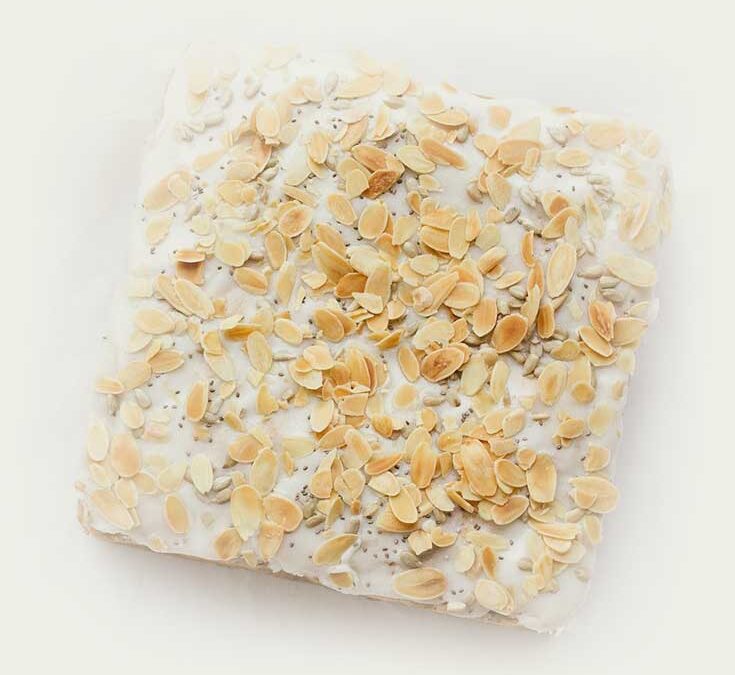Cooking Your Way to Fluency: Learning Greek Through Greek Recipes
Language learning doesn’t always have to happen in a classroom. For food lovers and aspiring linguists alike, cooking offers a delicious way to immerse yourself in a new language. Greek, with its rich culinary traditions, provides the perfect opportunity to combine learning and tasting. Here’s how you can enhance your Greek fluency while exploring the country’s world-famous cuisine.
1. Start with the Basics: The Greek Alphabet in Your Kitchen
Before diving into recipes, familiarize yourself with the Greek alphabet. Many Greek recipes are written in their native script, and learning to read labels and ingredient lists in Greek is an excellent starting point. For example, practice recognizing words like:
- ψωμί (“psomi”) – bread
- τυρί (“tyri”) – cheese
- λαδί (“ladi”) – oil
As you grow more confident, move on to full recipe instructions in Greek. Translating them as you cook sharpens your vocabulary and gives you context for new words.
2. Learn Common Culinary Terms
Cooking requires a specific set of vocabulary, which makes it a focused and effective way to expand your Greek lexicon. Some key words and phrases to know include:
- κόβω (“kovo”) – to cut
- βράζω (“vrázo”) – to boil
- ψήνω (“psíno”) – to bake
- ανακατεύω (“anakatévo”) – to stir
Using these words while cooking helps you internalize them naturally, so they’re more likely to stick.
3. Cook Classic Greek Dishes
Start with simple, traditional recipes that showcase the flavors of Greece. Here are a few examples to get you started:
- Horiatiki (Greek Salad): A refreshing introduction to Greek cuisine. Learn words like ντομάτα (“tomata” – tomato) and ελιές (“elies” – olives).
- Spanakopita (Spinach Pie): Perfect for mastering baking-related vocabulary.
- Moussaka: A great way to practice following multi-step instructions in Greek.
4. Immerse Yourself in Greek Food Culture
Cooking Greek recipes isn’t just about the food—it’s about embracing the culture. Dive into the stories behind each dish, from the significance of lamb during Easter to the symbolism of Vasilopita (New Year’s cake). Understanding cultural contexts enriches your language learning and makes the experience more meaningful.
5. Engage with Greek-Speaking Chefs and Communities
Take your learning further by watching Greek cooking shows or YouTube channels. Listen to the chefs as they explain techniques and ingredients. You’ll pick up authentic pronunciation and conversational phrases. Better yet, join a local or online Greek cooking class where you can interact with Greek speakers and practice your skills in real time.
6. Label Your Kitchen in Greek
Transform your kitchen into a mini Greek classroom by labeling your utensils, spices, and ingredients with their Greek names. Every time you reach for σκόυπι (“skoúpi” – broom) or πιρούν (“piroun” – fork), you’ll reinforce your vocabulary.
7. Celebrate Greek Holidays with Authentic Meals
Greek holidays are deeply tied to culinary traditions. Try preparing dishes for special occasions, such as:
- Baklava for Christmas
- Magiritsa (Easter soup) for Orthodox Easter
- Loukoumades for festivals and celebrations
Learning how to prepare these dishes introduces you to seasonal vocabulary and gives you a reason to celebrate your progress.
8. Taste and Speak
Finally, as you enjoy the fruits of your labor, practice describing the flavors in Greek. Use adjectives like πικάνο (“pikano” – spicy), γλυκό (“gliko” – sweet), and φρεσκο (“fresco” – fresh). Discussing food helps build conversational fluency.
Cooking Your Way to Fluency
Cooking Greek recipes is a joyful and practical way to deepen your connection to the language. It engages all your senses and keeps the learning process fresh and exciting. So grab your apron, turn on some Greek music, and let your kitchen become a classroom where fluency—and flavor—are always on the menu.

